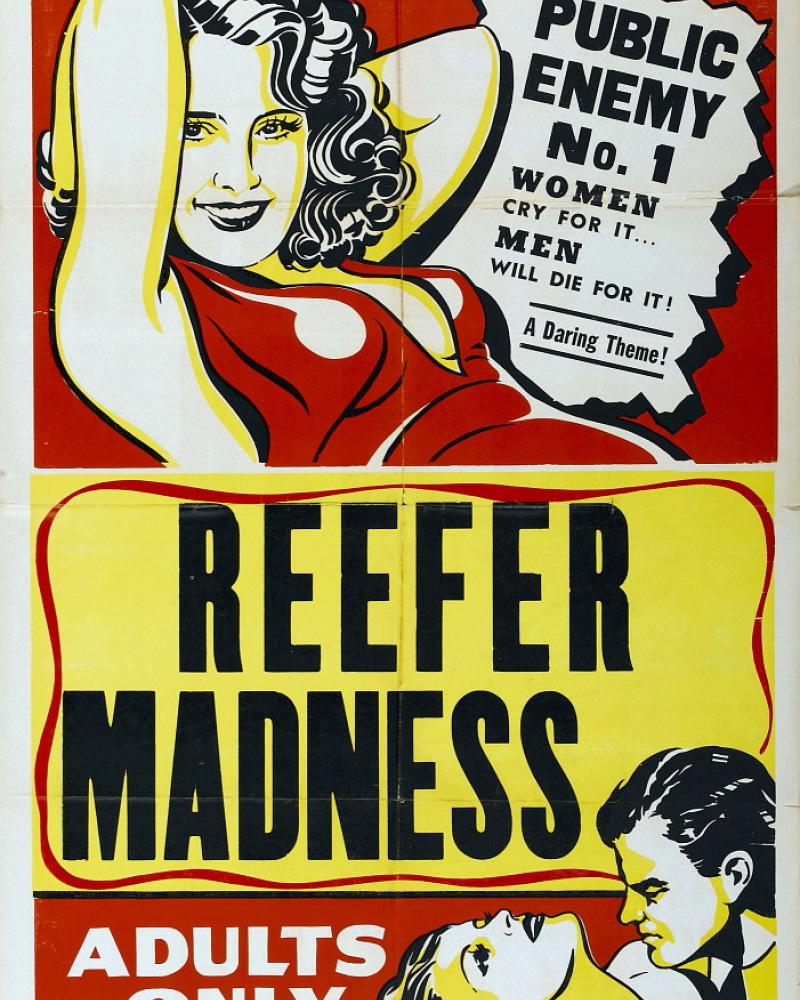We've all heard occasional news stories about how some of the drug laws enacted in the last 15 years may have gone too far. First time offenders get locked up for decades. Judges—even Republican appointees—say that mandatory minimum sentences prevent them from making fair rulings. But have sentences really gone too far? This hour examines the areas where a consensus is growing on the problems in federal drug laws, and it explains the areas where drug laws seem to be administered fairly.
-
Download Control-click (or right-click) Tap and hold to download
- Subscribe on Spotify Subscribe in Apple Podcasts Subscribe
- Transcript

Prologue
What's Wrong With This Picture?
The story of how a person could be sentenced to 19 years for drug possession—even if police found no drugs, drug money, residue or paraphrenalia—even if it's a first offense. Dorothy Gaines was an Alabama nurse with no prior record and no physical evidence of any drugs who was sentenced to 19 years. The only evidence against her was the testimony of admitted drug dealers who received reduced sentences in exchange for naming co-conspirators. (14 minutes)



